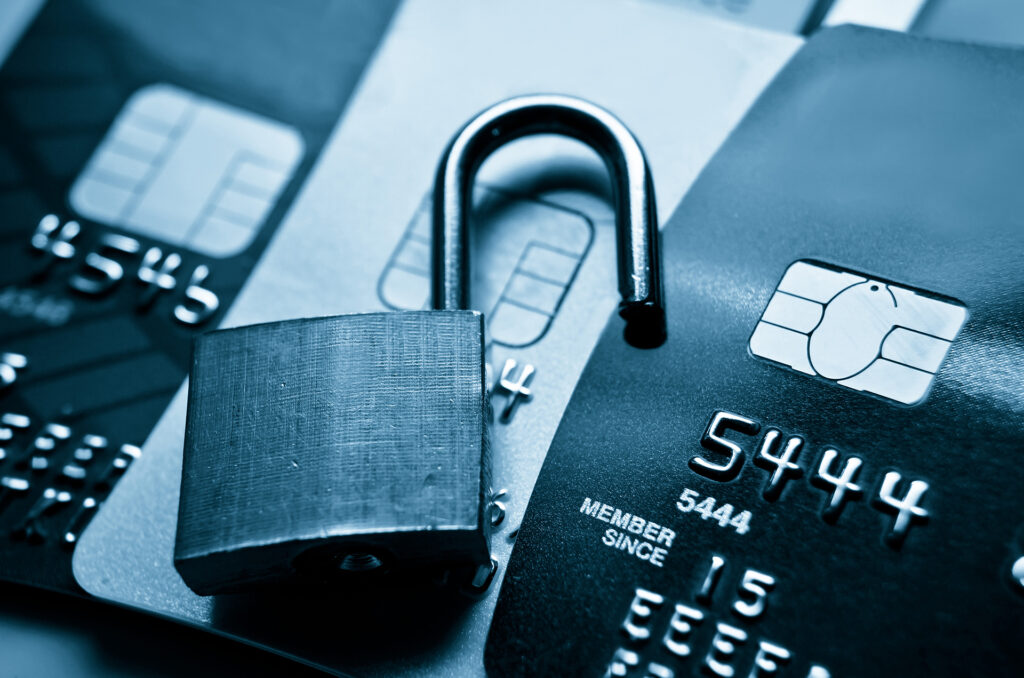Ticket Scams: Don’t Get Caught Out!

With the European Championships on the horizon this summer, along with many other musical and sporting events, it’s not surprising to see that ticket scams are on the rise.
Our Scambusters, James Walker from Rightly and Louise Baxter from the National Trading Standards Scams Team, show you how to take control, know how to spot a scam and what to do about it.
How ticket scams work
Ticket selling scams happen when a scammer uses tickets as bait to steal your money. The scammer either sends fake tickets, or you pay for a ticket but never receive it. They often pop up when tickets for popular concerts, plays, and sporting events sell out and aim to take advantage of people who have missed out.
This is what happens…
- The website offers you the chance to buy tickets to a popular event. The event is often actually sold out, or the tickets haven’t officially gone on sale yet.
- You pay for the tickets but, of course, they are never delivered.
- In some cases you might be told that a customer representative will meet you at the venue on the day. No one turns up.
- You may even receive tickets, but when you arrive at the event, the organisers tell you the tickets are fake.
- When you try to call the company you bought the tickets from, your calls are not answered or do not connect. The scammers have disappeared with your money.
Remember that it’s easy for scammers to set up a fake website that looks genuine. Some even use a name or website url (uniform resource locator – a unique address) that is similar to a legitimate website.
So always check the spelling and url of ticketing websites carefully. Make sure they are the real thing, and not fraudsters impersonating a genuine business.
Some things you can do
Action Fraud have a checklist to help identify ticket scam websites:
- Check direct with the event organiser, promoter or venue how and when tickets are being distributed.
- Check where the ticket seller’s office is. Do they have a landline in this country? And a proper address rather than a PO Box?
- Search online for any adverse reviews or complaints about the company.
- Ask questions, such as when the ticket will be dispatched and what type of ticket you are buying.
- Read the terms and conditions on all websites, but particularly unknown ones. Some ticket websites state quite clearly that there are no refunds.
- If you’re buying football tickets, be aware that in most instances it’s illegal to re-sell football tickets under the Criminal Justice and Public Order Act.
If you decide to go ahead…
- Pay for tickets by credit card. The card issuer is jointly liable for a failure for goods or services to be provided, as long as the price of a single ticket is more than £100 (but less than £30,000). However if the event is quite a way in the future, do check with your card provider how long their period of liability is
- When buying the tickets, check the payment pages are secure. Look for a padlock symbol in the address bar, and make sure the website address begins with ‘https’.
Scambusters Mailbag
How common is it for companies to have a data breach and how does that affect me?
Scambusters say: “Data breaches are increasingly common and the law can allow victims to claim compensation for any loss caused by the breach and the distress it has caused. According to the RPC, the international law firm, 42.2m people in the UK had their financial data compromised in a breach last year. That’s up by 1,777%!
Thankfully, legislation exists to protect you. Companies should write to you if your data is breached. The full impact of the data breach isn’t apparent until a few months after the loss, with financial losses usually occurring three to six months later.
Alternatively, you can check yourself. A website called ‘Have I been pwned’ can help internet users determine if their data has been exposed in an online breach. The database lets you check if one of your email addresses or passwords has been compromised, or ‘pwned’ in internet speak. Go to www.haveibeenpwned.com.
Additionally, there are plenty of solicitor’s websites that provide a free data breach tool for you to ‘check and claim’. Simply go to your search page and type in ‘Data Breach Claim’.
The amount of compensation you can claim for a data breach will depend on the nature of the breach and what impact it had on you. The law around data breaches is still relatively new, so there are no fixed guidelines around the amount of compensation that should be awarded.
In England and Wales, compensation amounts can range from £750 to over £10,000 for a data breach claim depending on how serious the data breach was. So it’s worth taking it seriously and considering taking legal advice.”
Tip of the week: Block spam emails and numbers
You can block certain contacts that have been spamming you with messages. While most modern scammers use a different emails and phone numbers to contact you each time, if you are receiving a bulk of unwanted messages from the same contact, blocking is the way to go.
In many email apps, you can set rules to automatically delete messages that meet criteria which you set.
Remember: If you’ve received a text you think is a scam then you can forward to 7726 or take a screenshot and send it to report@phishing.gov.uk. If you are receiving lots of unwanted phone calls or text messages you can also consider removing your details from data brokers, ensuring that you use a right to object to processing of your data.
You can learn more about this on Rightly to stop the sharing of your data exposing you to scams. And you can take a free training course on how to fight against scams on www.friendsagainstscams.org.uk.










